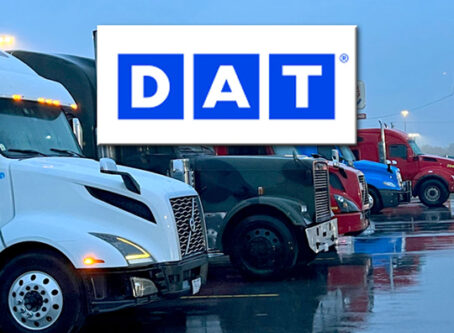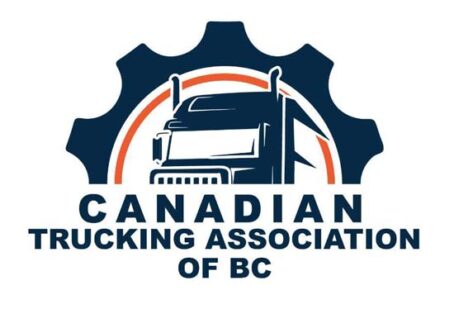States pursue rules for license plate readers
Gone are the days that automated license plate readers were an unspoken tactic used by law enforcement and others. In recent years, state lawmakers around the country have taken steps to address privacy concerns for the motoring public.
The devices typically are mounted on police vehicles, road signs or traffic lights to track certain drivers’ movements.
High-tech cameras to capture the date, time and location that scanned vehicles passed are used in some capacity by about 600 local and state police departments and other state and federal agencies, according to the American Civil Liberties Union. Private business, such as repossession companies and vehicle insurance companies, also use this technology that can capture about 1,800 images each minute.
The technology is not without flaws. Conditions including bad weather, poor lighting, dirt on plates and even background colors can result in false matches.
The National Conference of State Legislatures reports there are at least 16 states with rules relating to the use of automated license plate readers. Among that group, six states place restrictions on government or law enforcement use of the technology. Eight states limit how long data can be kept. Four states specify the data is exempt under public records laws.
Arkansas, Maine and New Hampshire also prohibit private use of readers, with limited exceptions.
Already this year, state lawmakers along the East Coast have taken steps to make, or continue to pursue, rules for use of the technology.
Maryland
The state of Maryland already permits use of the devices. In an effort to limit abuse, law enforcement agencies are forbidden from capturing license plate data unless the agency has a “legitimate law enforcement purpose.”
The Maryland General Assembly has approved legislation to clarify how data from the devices can be used.
HB1081/SB840 states that license plate reader data would be the property of law enforcement. Data could not be sold for any purpose by a state or local law enforcement agency.
The bill has moved to the governor’s desk.
New Jersey
A bill in the New Jersey Assembly Public Safety and Preparedness Committee covers the use of scanners.
Sponsored by Assemblyman Benjie Wimberly, D-Bergen/Passaic, A3297 would prohibit unauthorized use of data collected.
The bill would authorize punishment of up to six months in jail and/or a fine of up to $1,000 for employees of law enforcement agencies that use or access collected data without authorization.
Agencies using license plate readers would be required to submit an annual report to the attorney general. County prosecutors or the attorney general also would be responsible for doing an annual audit of each agency’s use of the devices.
New York
In New York, an Assembly bill would implement uniform standards on the use of license plate readers.
Sponsored by Assemblywoman Amy Paulin, D-Westchester, A4157 would require the state’s Municipal Police Training Council to develop standards and to recommend rules and regulations to the governor. The rules and regulations would cover the establishment and implementation of a training program for police officers regarding the standards.
The Senate version is S3165. Both bills are in committee.
North Carolina
North Carolina recently enacted a new law to increase the presence of license plate readers.
The Raleigh News & Observer reports there are at least 700 cameras in more than 70 counties and municipalities across the Tar Heel State.
Existing law requires state or local law enforcement to have written policy covering the use of the technology. The rule limits retention of data to no more than 90 days. Certain exceptions apply.
In 2023, a new rule was adopted to authorize the North Carolina Department of Transportation to install fixed license plate readers on state-owned roads. The authorization is billed to help law enforcement with criminal investigations and arrests, locating missing or endangered people and locating stolen vehicles.
Readers are limited to law enforcement use only. Additionally, data cannot be used for traffic enforcement.
The 2023 law has a July 1, 2025 sunset date. State lawmakers would need to renew the program for it to continue.
Rhode Island
A Rhode Island House bill would create statewide guidelines for data collected from license plate readers, including how it can be used.
H7749 would limit use of the technology to scanning, detecting and identifying license plate numbers for the sole purpose of identifying stolen vehicles.
The bill also would prohibit law enforcement from selling data to a third party.
Additionally, the bill would set a 30-day limit on how long data not related to an investigation could be kept.
The House Judiciary Committee held the bill for further study.
Virginia
A similar pursuit was launched at the Virginia statehouse.
License plate readers already are used by law enforcement agencies around the state.
HB775 would set statewide regulations for law enforcement using the devices on interstates and state highways.
One provision would limit use of data collected from license plate readers for purposes related to active law enforcement investigations. It would require that data unrelated to an investigation be deleted within 30 days.
House lawmakers approved the bill. HB775 later was held in a Senate committee for the 2025 regular session. LL









